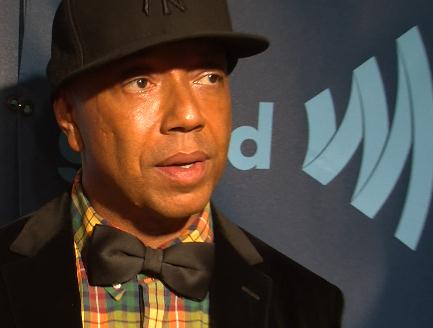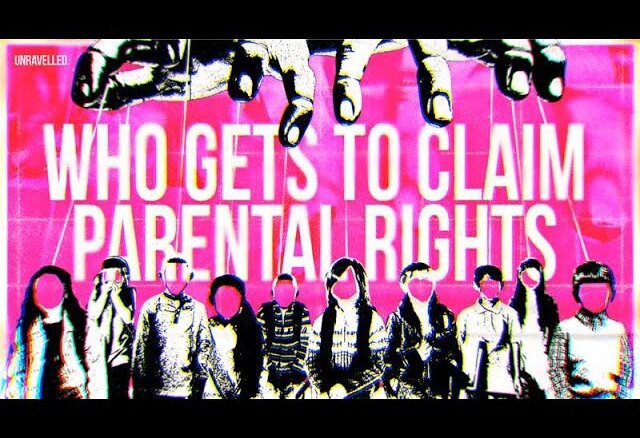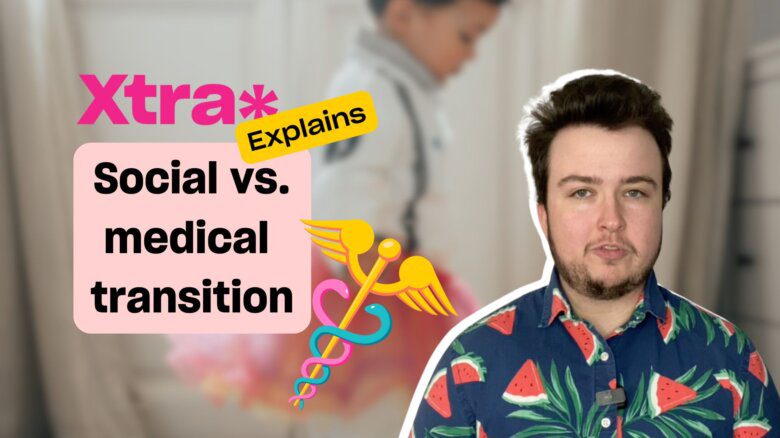Russell Simmons, a co-founder of Def Jam Recordings, stood up for hip-hop artists against claims of homophobia while attending the GLAAD Media Awards in New York March 16.
“I think that our society in general is much more homophobic than the hip-hop community,” Simmons said in an interview with Xtra. “Just because they speak the truth about what society is thinking doesn’t make them more guilty.
“It just makes them more honest, and their expressions, if it seems more homophobic, it is because the society they come from is homophobic. In many cases they say things that are offensive, but it’s our reality that we have to deal with, not the poetry that expresses it.”
Simmons was at the GLAAD Media Awards to present Brett Ratner with the inaugural Ally Award. In 2011, Ratner resigned as the producer of the Oscars after he used a homophobic slur during an interview.
Ratner subsequently worked with GLAAD and other organizations on anti-homophobia campaigns.
See Xtra‘s red carpet interview with Simmons below.

 Why you can trust Xtra
Why you can trust Xtra


